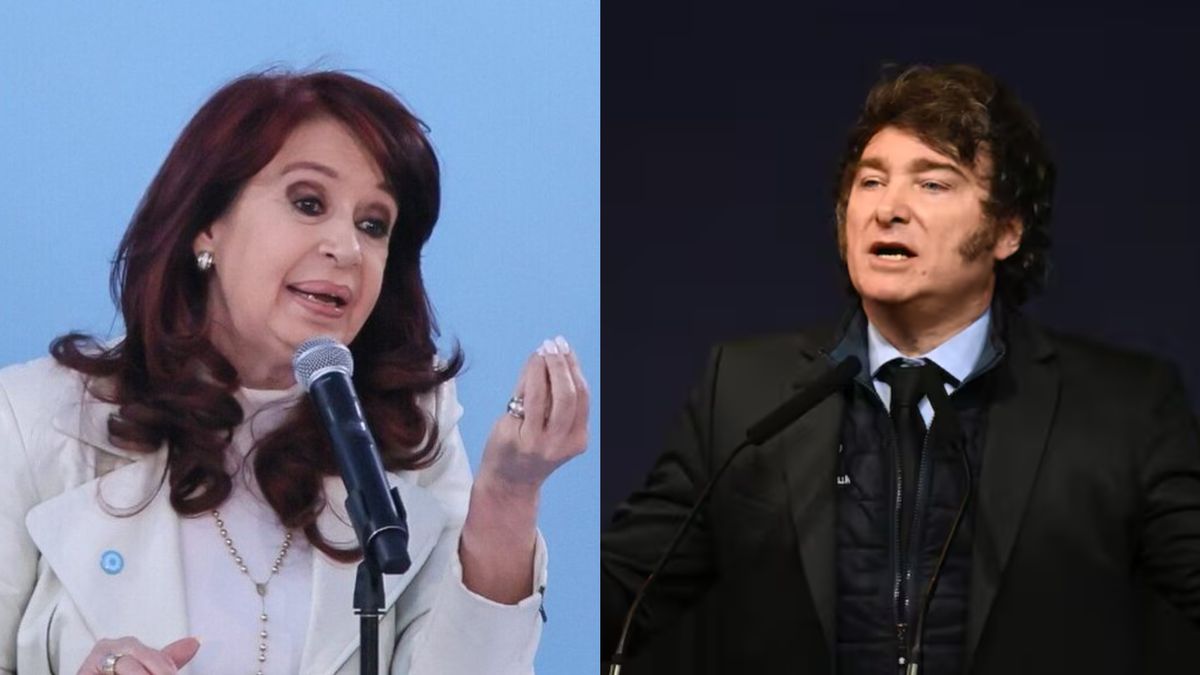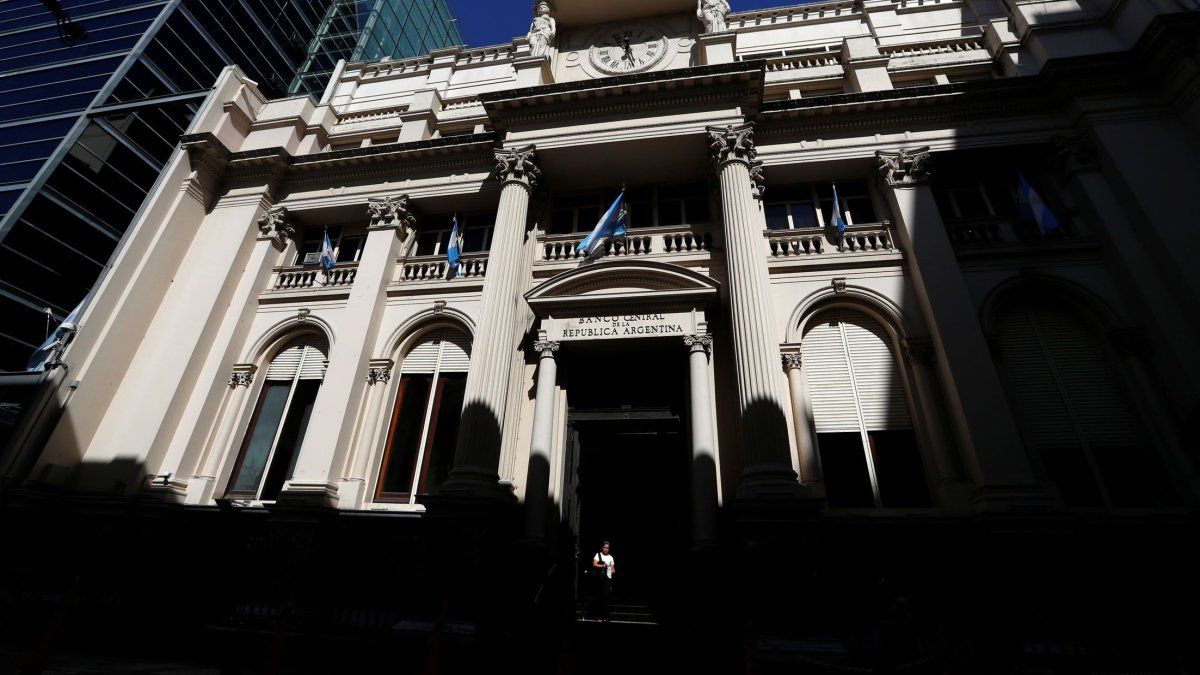During the presentation of the Budget 2025 In Congress, the president Javier Milei crossed paths with former President Cristina Fernández de Kirchnerwho had asked him to “manage the State” and marked that “Managing is reducing the State in order to enhance society.”
Days ago, the former president He accused on his social networks the head of state of using social media excessively and asked him to manage his government: “Oh President! You see that I am right! You only continue to confirm what was said: you spend your time fooling around on the networks. Get rid of Twitter and start managing the Statethat Argentines are having a very, very bad time. END”.
Tonight, Milei He took revenge and aimed against Kirchner, without naming it, by highlighting the cuts in public spending carried out by your Government. “We are not exaggerating when we say that We have made the biggest adjustment in the history of mankind“That is why it never ceases to amaze me that leaders of all colors and flags so often accuse us of not having management skills,” he said.
Javier Milei responded to Cristina Kirchner: ““Managing is having avoided the hyperinflation that they left us”
“I tell them that Managing is not about appointing thousands of officials in every corner of the Statewhen half of those areas should not exist,” he continued. Milei He added: “Managing is not a matter of a national director signing a resolution to spend millions of pesos on services that the private sector can provide better and cheaper. Managing is not about creating roads that lead nowhere, or overcrowded housing that no one wants. Managing is not knowing how to use the GDE well, as former candidate Massa said“.
To talk about his government’s management, he gave the example of the drop in inflation: “To manage is to have avoided the hyperinflation that was left at the door and to have lowered it to 4% per month; to manage is to clean up the balance sheet of the Central Bank and deactivate the debt bomb that we inherited. “Managing is reducing public spending in the way we did, in the record time we did. Managing is having approved the most ambitious legislative reform of the last 40 years with 37 deputies and six senators.”
On the other hand, he also highlighted the Senate’s approval of the bill Single Paper Ballotwhich will return with modifications to Deputies: “Managing is throwing out the 31 thousand gnocchi that we have put forth in these first nine months. To manage is to approve the Single Paper Ballota flag of those who talk about transparency but have done little for it. Managing is eliminating the intermediaries who profit from povertywhich was invented by Minister Stanley.”
“To manage is to have eliminated the pickets and for more than four months without any street closures in the AMBA. Or having reduced 75% of homicides in Rosario“Managing means removing the endless regulations that exist in all sectors of the economy, to make life easier for those who undertake and work. Managing means regaining the confidence of the private sector and getting them to invest more than US$50 billion dollars,” added Milei.
Javier Milei presented the 2025 Budget: the main axes
Tonight, the National Government detailed the general guidelines of the 2025 Budget, which mark a 5 percent GDP growtha inflation of 18.3 percent and a dollar at $1207These are the provisions included in the budget text that will be submitted to Congress in the next few hours.
The President Milei presented the 2025 Budget today before a Half-empty Congress and maintained that the main objective of the spending plan is to “put a stop to the State”, in addition to ensuring that will continue to veto projects that threaten the “fiscal” balance.
The president spoke on national television minutes after 8:50 p.m., as initially planned, and assured that the law of laws for next year “It will change the history of our country forever.” In a speech broadcast on national television, The president stressed that the objective is to “protect” fiscal balance and he announced that the official project will be “diametrically different from what we are used to” and “the most radically different in our history.”
Source: Ambito




